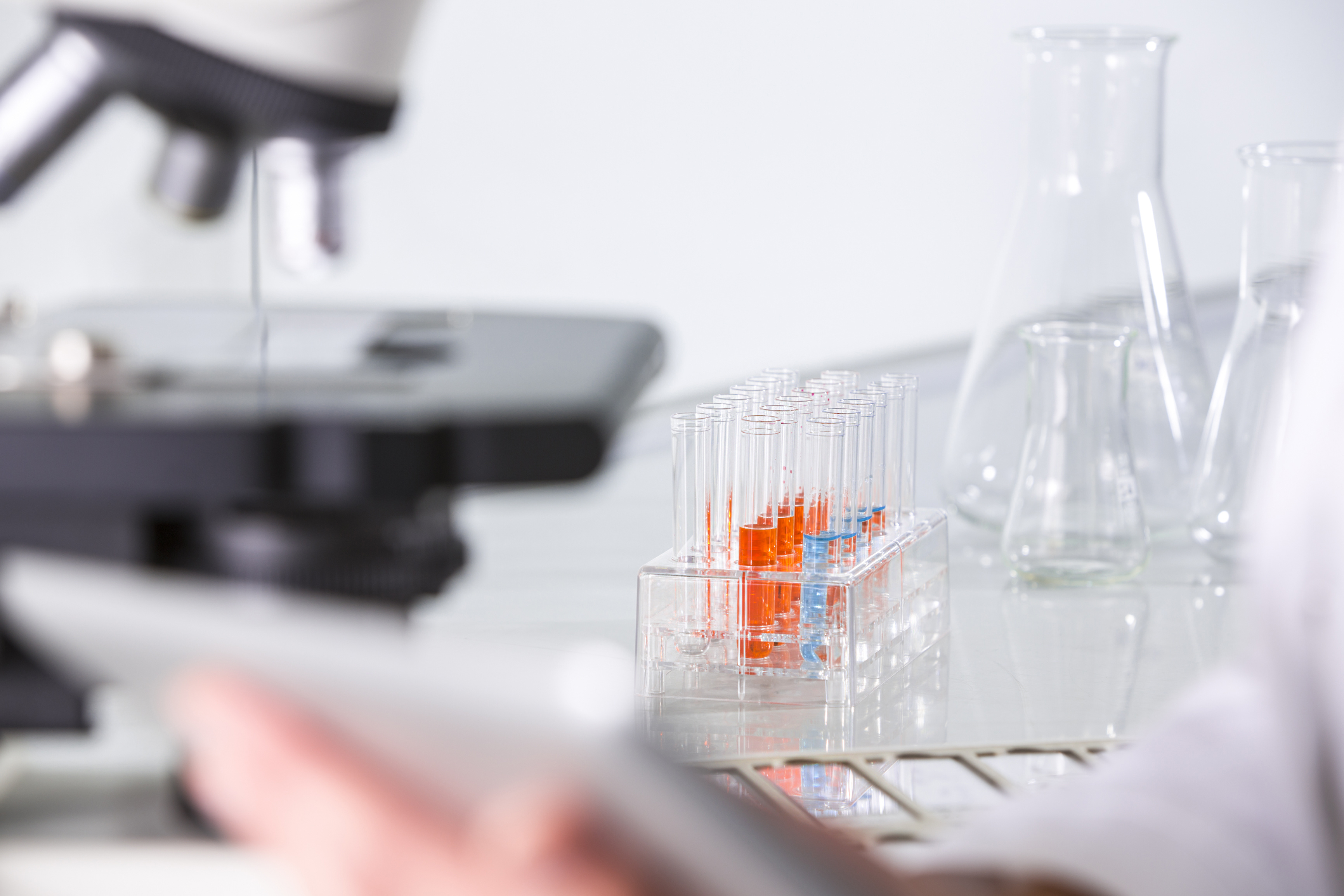Micronutrients:
Orthomolecular Medicine (OM)
Our immune system needs vitamins and minerals
Our body needs numerous vital substances for the strength of its immune system and the healthy functioning of tissues. These include vitamins, trace elements, minerals, amino acids and fatty acids. They are also referred to as micronutrients.
Particularly in times of great stress, it makes sense to supply micronutrients tailored to needs.
Orthomolecular medicine (OM) focuses on both the treatment of diseases and the maintenance of health with the individually appropriate dose of the individual nutrients.
A basic assumption of OM is that people often do not consume the vital substances they need on a daily basis in sufficient quantities, or that absorption in the digestive system can vary. Genetic causes for a lack of micronutrients are also possible. These are also assumed in the case of HPU/KPU.
In addition to strengthening the immune system, orthomolecular medicine can be a helpful support in
- Disorders of hair, skin, nails and bones (such as osteoporosis)
- sleep disorders
- Hormonal imbalances as support
- Rheumatic diseases as support
- Nervous disorders and memory loss
- and others
The scientific evaluation of orthomolecular medicine is not yet complete and is partly controversial.
The articles reproduced below represent an excerpt and are intended to make clear why we use OM.

Vitamin - Laboratory
Diagnosis in OM is based primarily on examining the concentration of micronutrients in the blood. These tests are carried out by various laboratories. In addition to zinc, selenium and other trace elements and vitamins, complementary metals such as mercury and lead, which can affect mineral levels, are also determined.
Some minerals, such as potassium, are present in much higher concentrations in the cells than in the fluid surrounding them. We therefore work with laboratories that take the cell concentration into account in their analysis and not just the fluid concentration (whole blood analysis). The interactions between minerals and heavy metals are also an important aspect in laboratory analysis.
If there is a suspicion of significant contamination with heavy metals such as mercury or lead, we also carry out so-called "chelation tests" in specialized laboratories.




